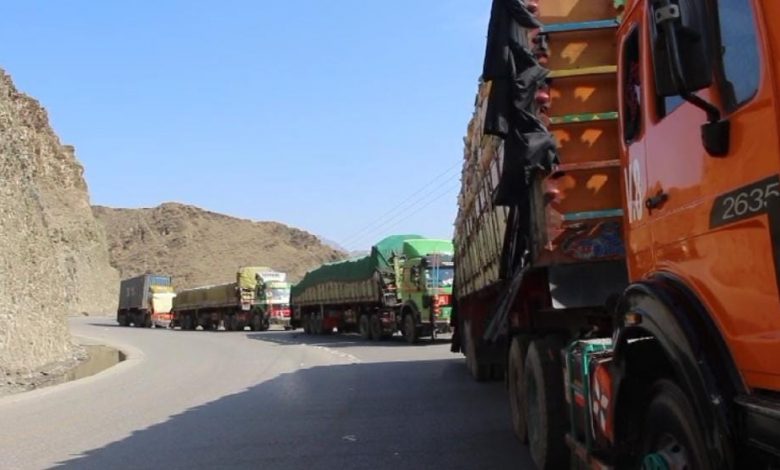
The Torkham border remained closed for the seventh consecutive day, dealing a severe economic blow to trade between Pakistan and Afghanistan, with losses exceeding $10 million.
Speaking to the media, President of the Khyber Chamber of Commerce and Industry, Muhammad Yousaf Afridi expressed concern over the prolonged closure, emphasizing the economic strain it has placed on both countries.
"We have raised our voices at every forum regarding the recent tensions at Torkham," Afridi stated. "The losses have already surpassed $10 million and continue to mount. Authorities must take this issue seriously and find a solution."
Also Read: Blast at Dar-ul-Uloom Haqqania Claims Life of JUI-S Leader and Four Others
He criticized the policy of shutting down the border over minor disputes, arguing that trade should remain independent of political conflicts. "Globally, borders are not closed due to political disagreements. Trade and politics must be kept separate," he asserted.
Afridi lamented that Pakistan is losing its grip on Afghanistan’s market, with Iranian and Central Asian goods replacing Pakistani exports due to flawed policies. He urged the government to adopt a more strategic approach, suggesting the formation of a joint Pakistan-Afghanistan council to address trade concerns.
He also highlighted that Pakistan’s trade volume has declined, pointing to the Bhagyari protest blockade a few months ago, which forced traders to shift their operations to alternate border routes. As a result, Afghanistan’s trade has increasingly moved through Iran.
"We need a long-term trade policy, spanning at least five to ten years, to ensure economic stability," Afridi stressed. "The closure of other trade routes, such as the Ghulam Khan border, is another setback. Until the government takes these issues seriously, sustainable solutions will remain out of reach."
Afridi revealed that he has held multiple meetings with the Afghan Consul General in Peshawar, discussing trade and visa policies. He urged both governments to remove trade barriers and facilitate smooth cross-border business.
Beyond economic losses, the border closure has created humanitarian hardships. Hundreds of Afghan nationals are stranded, unable to return home, while Pakistanis stuck in Afghanistan face severe difficulties, running out of money and food. Truck drivers and passengers on both sides are enduring harsh conditions, awaiting the reopening of the border.
Traders and travelers are now urging authorities to resolve the crisis swiftly to prevent further economic and humanitarian distress.